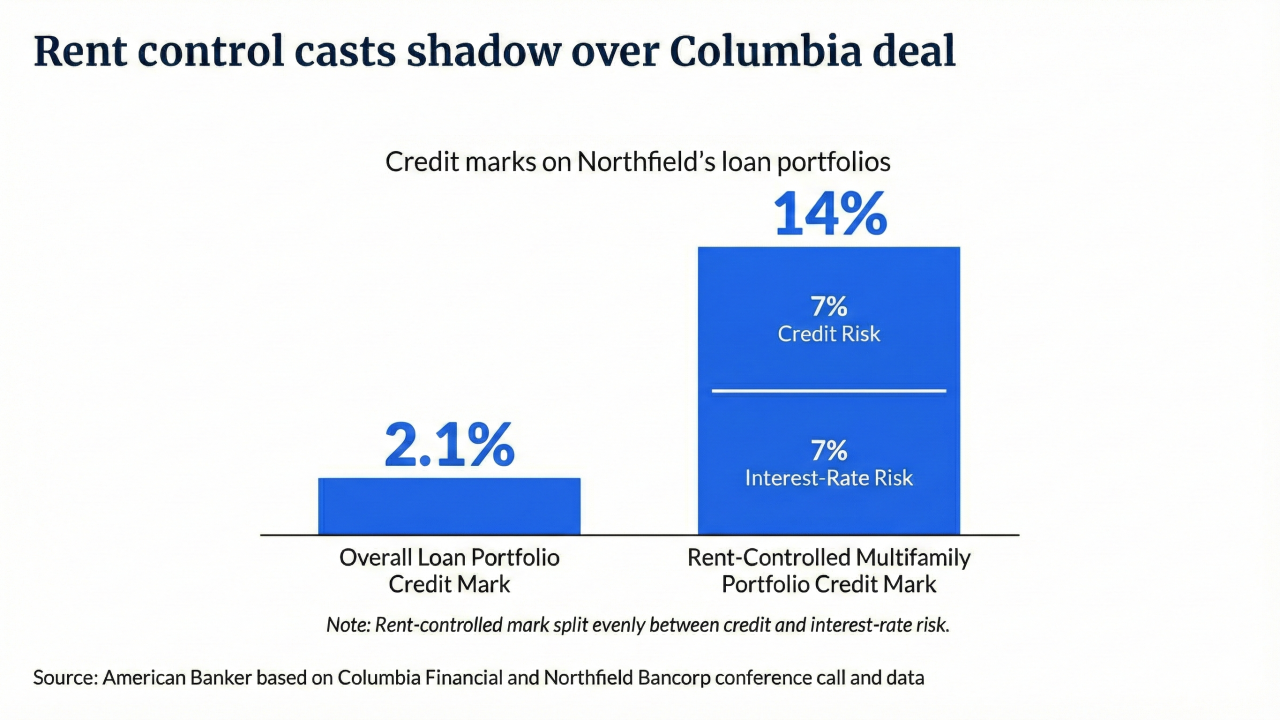-
The Office of Financial Research has made a number of improvements in its measurement of systemic risk but falls well short of providing a forward-looking assessment of emerging dangers.
December 23 -
Competition and regulation will make things difficult next year, but a panel of banking experts believes banks that mine new markets and expand product offerings have an opportunity to succeed.
December 19 -
Regulators raised more concerns on Thursday that some institutions might take heightened risk by seeking profits from locking into longer-term fixed yields and diving into complicated growth markets such as oil, gas and leveraged lending.
December 19 -
Low interest rates drove lending income and margins downward at community banks early in the year, but they benefited from the midyear spike in long-term rates more than they let on.
December 18
Interest rates will rise sooner or later, and banks should be prepared to manage their risk exposures, according to a
The historically low interest-rate environment since 2008 has prompted banks to rely more heavily on longer-term loans and securities, according to the report issued last week. But the value of longer-maturity securities may decline as interest rates increase, putting banks' earnings, liquidity and images in jeopardy.
"In the event depreciated securities have to be sold, unrealized losses become realized losses, reducing the institution's regulatory capital position," the report says. "Furthermore, unrealized losses on available-for-sale and held-to-maturity securities may also reduce equity capital under U.S. generally accepted counting principles."
To reduce risk, the report recommends that banks test their securities portfolios' exposure to rising rates, consider increasing their holdings of shorter-maturity or variable-rate securities and lock in profits by selling longer-term securities, among other suggestions.
The report also recommends that banks prepare for shifts in customer behavior as interest rates climb. Deposits have swelled at banks in the years since the recession, and the percentages of assets funded by deposits has risen to the highest levels in 15 years -- 63.2% for banks with more than $1 billion of assets, and 83.8% for those with less than $1 billion of assets.
That trend could change as customers return to rate-sensitive products like certificates of deposit in order to take advantage of higher interest rates or pursue alternative investments as their financial circumstances improve, the report suggests.
"Banks should create scenarios that take into consideration how funding mix and interest expense would change if deposit balances shift toward higher-rate products, or deposit balances leave the bank altogether and need to be replaced by alternative funding sources," the report says. "Banks that have experienced a significant increase in deposit balances or a shift in funding mix should consider the potential for reduced pricing power of their deposit products."





